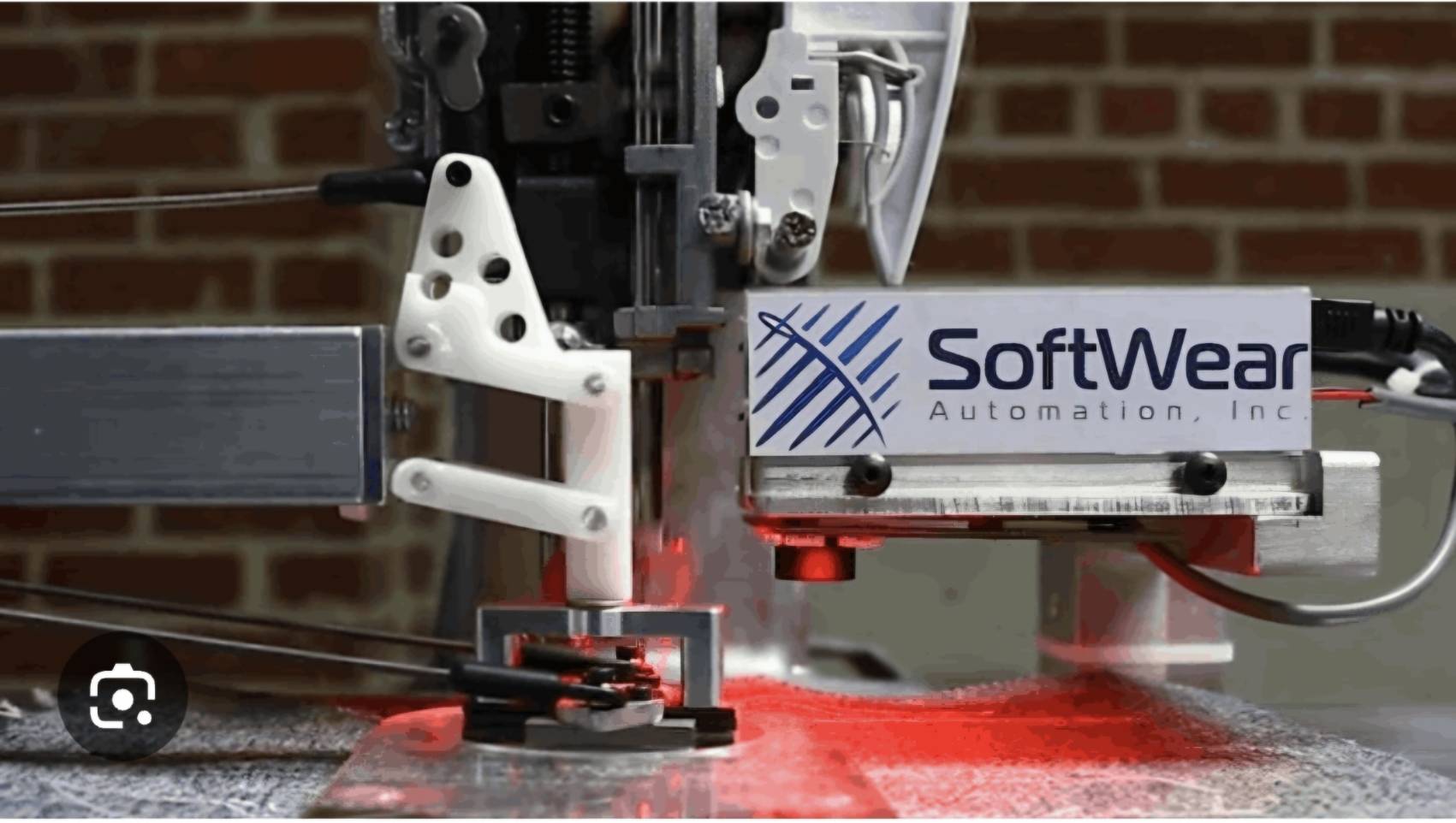我ㄟ菜籃
總金額: NT$0

全文&翻譯:
The automation revolution is beginning to come into fashion. The clothing industry is among the latest economic sectors to be making the leap which is ironic, because it was among the first to be mechanized.
自動化革命開始流行。服裝業是最新實現飛躍的經濟產業之一,這具有諷刺意味,因為它是最早實現機械化的產業之一。
Today, they still require skilled human hands to guide and handle the materials.
如今,它們仍然需要熟練的人手來引導和處理材料。
JASON BELLIN
In this episode of Moving Upstream, our third on the robotics revolution, we’re looking at what these news, cutting-edge technologies can do and the impact they’re beginning to have on the developing world.
在《往上游前進》的這一集中,這是我們關於機器人革命的第三次,我們將探討這些新聞、尖端技術可以做什麼,以及它們開始對發展中國家產生的影響。
Across the globe, to million people, toil each day in the garment in dustry. It offers the poor, poor women in particular, job opportunities they might not have otherwise.
全球有數百萬人每天在製衣業辛勤工作。它為貧困人口,特別是貧困婦女提供了她們原本可能無法獲得的就業機會。
The journal visited garment factories in Bangladesh. They empoly more than 3&1/2 million people, most working for little more than the country’s minimum wage, around 64US dollars a month, and sometimes toilling under conditions that endanger their lives.
該雜誌參觀了孟加拉國的服裝工廠。他們僱用了超過三百萬零一二百萬人,大多數人的工資僅略高於該國的最低工資,每月約 64 美元,有時甚至在危及生命的條件下辛苦工作。
There has been another horiific incident at a garment factory in Bangladesh. At least 112 people died. Hundreds of injured were rushed from the scence.
孟加拉一家服裝廠又發生了一起可怕事件。至少有112人死亡。數百名傷者被緊急送往現場。
Now, a new threat is emerging to worker’s livelihoods, machines that automate parts of the clothes-making process.
現在,工人的生計面臨新的威脅,即使部分製衣過程實現自動化的機器。
This German-made robot, for example, is knitting sweaters for brands like H&M and Zara.
例如,這款德國製造的機器人正在為 H&M 和 Zara 等品牌編織毛衣。
In January, WSJ’s Jon Emont visited garment factories in Bangladesh.
一月份,《華爾街日報》的 Jon Emont 參觀了孟加拉的服裝工廠。
I would visit factories in Dhaka where workers would work manually to make sweaters while automated machines would also work to do the exact same thing.
我會參觀達卡的工廠,那裡的工人手工製作毛衣,而自動化機器也可以做同樣的事情。
And it was quite clear that the workers were going to be replaced by these machines.
很明顯,工人將被這些機器取代。
I would ask the workers, are you afraid your job will be taken away by the automated machines.
我想問工人們,你們害怕你們的工作被自動化機器搶走嗎?
And they would say ”yes”, we’re scared.
他們會說“是”,我們很害怕。
Until recently, machines lacked the versatility, the dexterity, to handle soft materials, that comes naturally to humans. But thanks to machine learning and other forms of AI.
直到最近,機器還缺乏人類天生就具備的處理軟性材料的多功能性和靈活性。但這要歸功於機器學習和其他形式的人工智慧。
未完待續
| 影音連結 : 首頁下方影音專區: https://www.spdlabmarket.com/
| 圖片來源: 科技產業資訊室–國家實驗研究所
| 影片來源: 華爾街日報YT頻道

